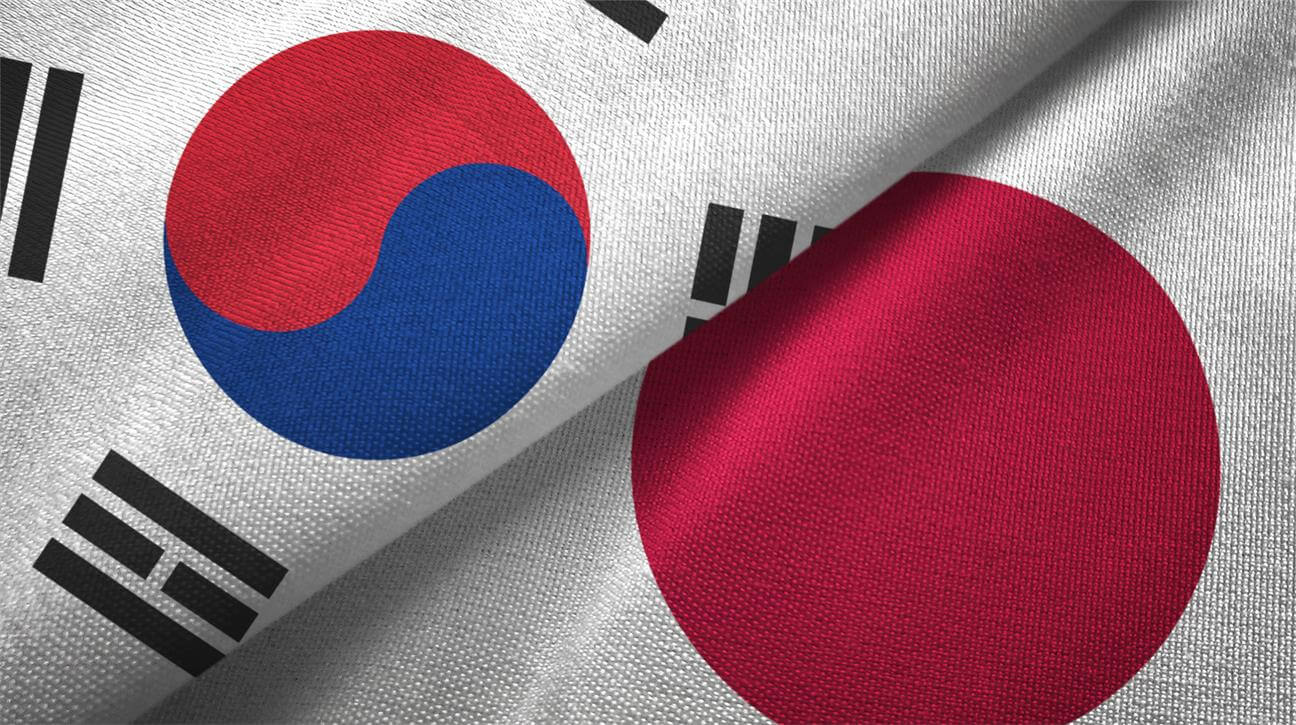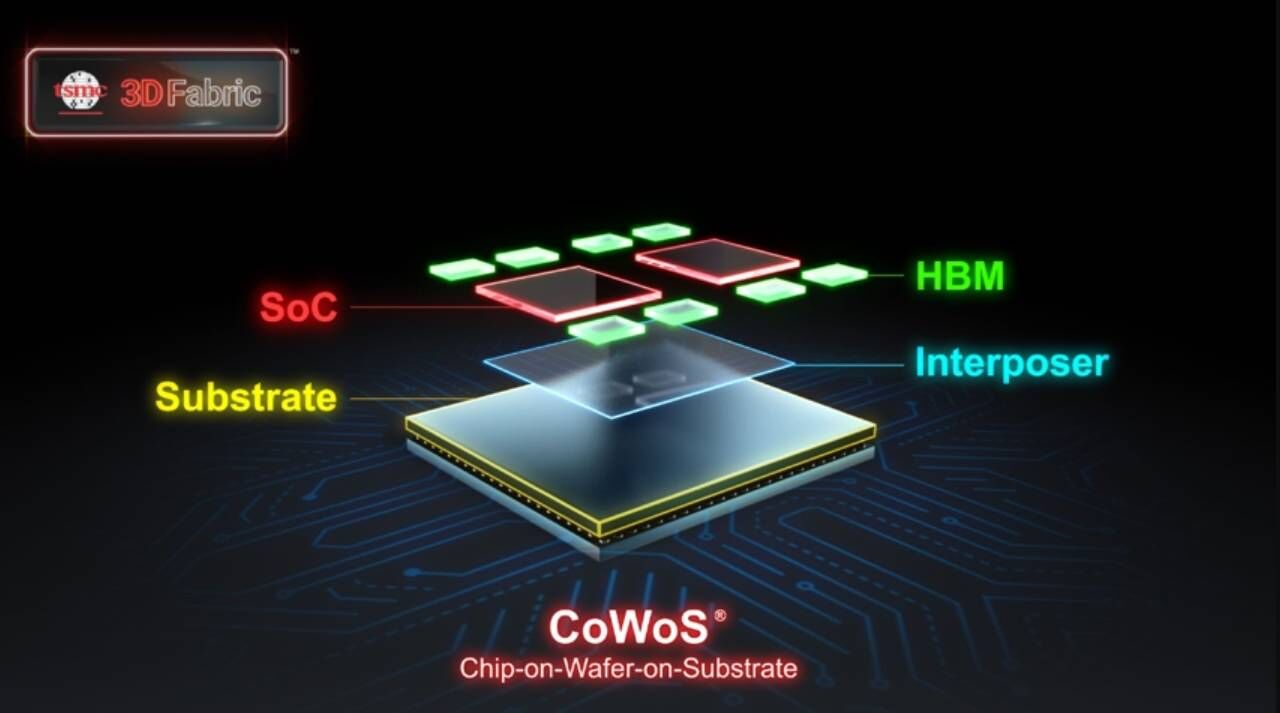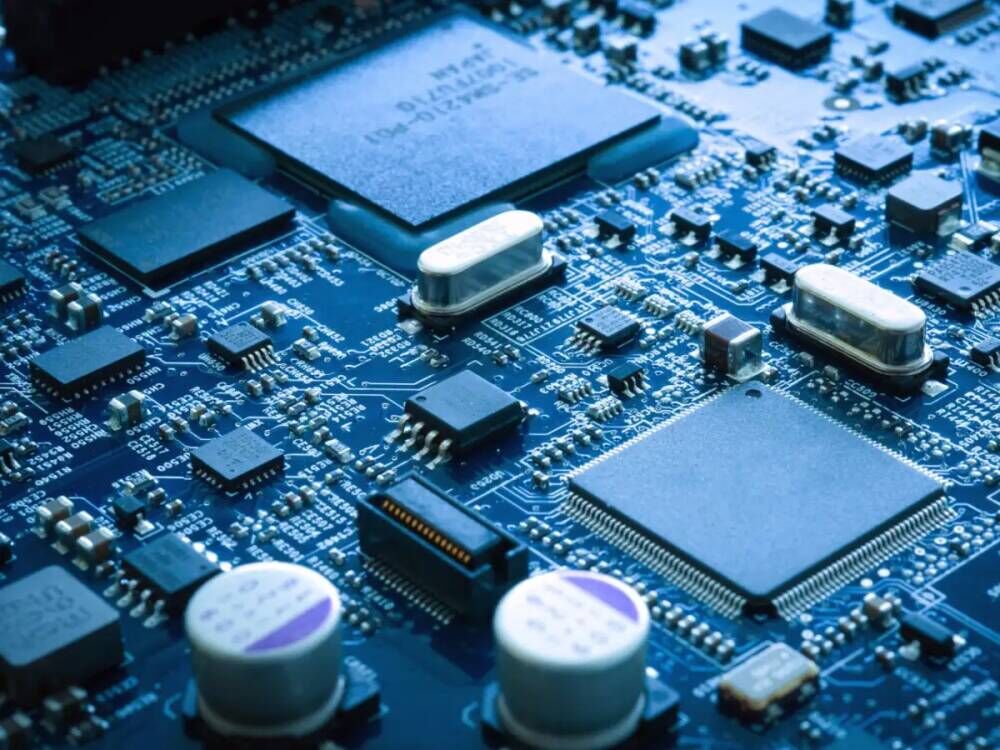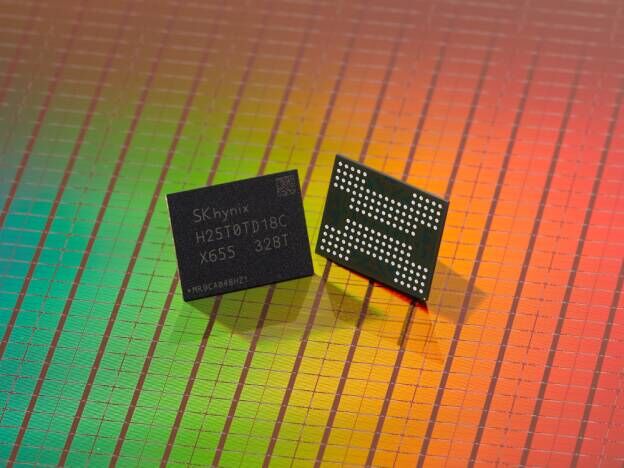A South Korean government spokesman clarified recent media reports that South Korea is considering stopping supply of DRAM to Japan. The spokesperson said that the government’s intention was misunderstood. South Korea did not consider DRAM as a counter-measure. In addition, it was misunderstood that the government would list DRAM as a restricted export to Japan.
The spokesperson explained that the government meant that once South Korea could not smoothly import the parts needed to produce semiconductors from Japan, it could affect the global supply chain. By then, the high market share of Korean-made semiconductors could be regarded as a bargaining chip.
However, some Korean media reports pointed out that Samsung Electronics and SK Hynix's global DRAM market share in the second quarter were 45.7% and 28.7% respectively. Therefore, if there is a problem in supply, it will have an impact on the global industrial chain. But for Japan, the situation is different. The Japanese market accounts for less than 10% of Samsung's and SK hynix's revenues, and there are no Japanese companies on the list of major customers of the two companies.
Some Japanese media reported that for South Korea's plan to remove Japan from the white list, the Japanese industry generally believes that this will have very limited impact on material procurement. In addition, for media reports that South Korea may stop supplying DRAM to Japan, most Japanese companies said that there are suppliers from other countries that can be used as an alternative, so they will not worry.












All Comments (0)